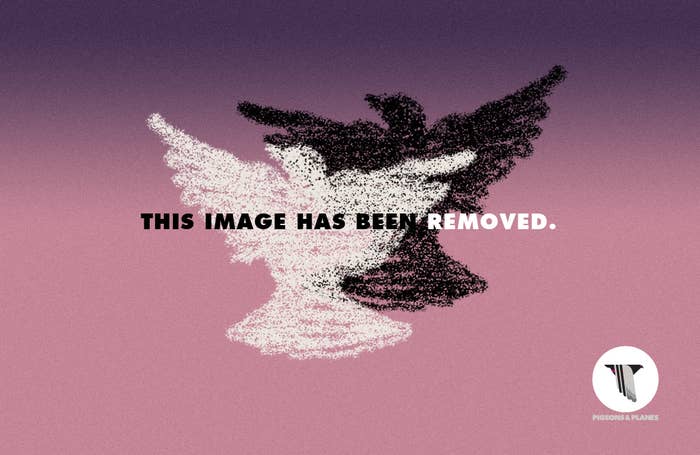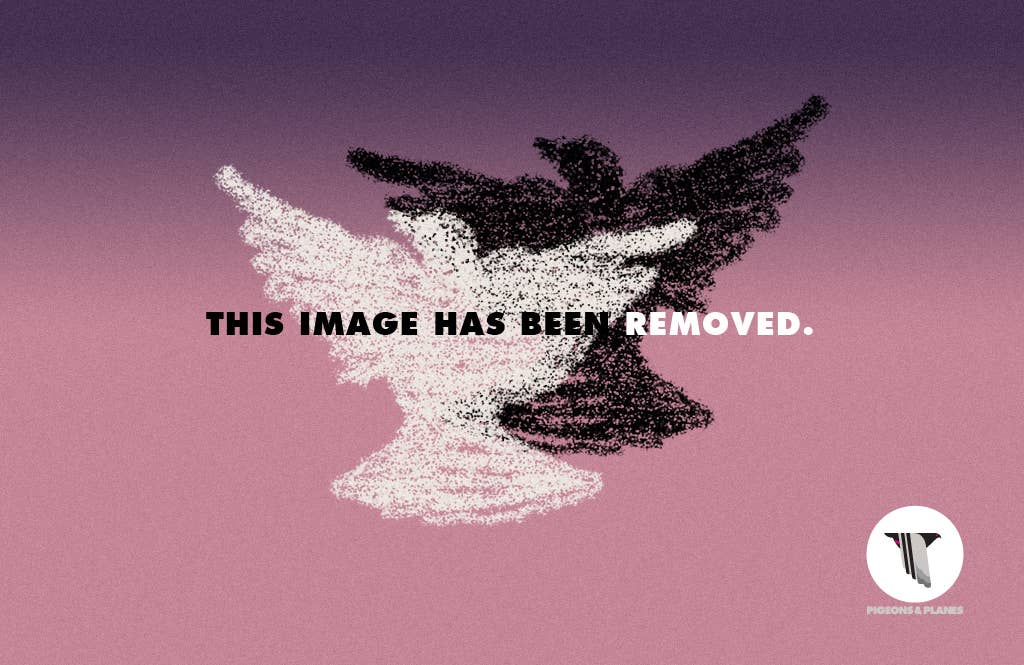1.

Image via Getty Images / Juan Naharro Gimenez
For those of you who thought the mythological battle over our streaming future was done, you were dead wrong. Yesterday another titan joined the battle against Spotify et al., in the form of David Byrne. Byrne’s op-ed in The Guardian questions the sustainability of the streaming business model for artists. He sees a future where emerging artists will suffer tremendously if streaming becomes the dominant form of music consumption. There’s just not enough money in it for them to ensure survival. Though we’ve heard similar opinions over the past few months from the likes of Thom Yorke and Nigel Godrich—who took to Tumblr today to criticize a recent pro-file-sharing study—Byrne lays it out in a more succinct and cogent way than we’ve previously heard. He also pushes further and questions the entire notion of on-demand streaming services like Spotify as a “discovery” tool. Why would you exit Spotify, go to iTunes, pay 99 cents, and listen to the same damn song you were already listening to? Why indeed.
Read Byrne’s best points below, and read the full op-ed on The Guardian here.
On monopolies
My guess is that, as with most web-based businesses, only one will be left standing in the end. There aren’t two Facebooks or Amazons. Domination and monopoly is the name of the game in the web marketplace.
On the business model
The amounts these services pay per stream is miniscule – their idea being that if enough people use the service those tiny grains of sand will pile up. Domination and ubiquity are therefore to be encouraged. We should readjust our values because in the web-based world we are told that monopoly is good for us.
On the numbers
For a band of four people that makes a 15% royalty from Spotify streams, it would take 236,549,020 streams for each person to earn a minimum wage of $15,080 (£9,435) a year.
On the discovery fallacy
I’d be even more curious if the folks who “discover” music on these services then go on to purchase it. Why would you click and go elsewhere and pay when the free version is sitting right in front of you? Am I crazy?
On who is actually going to get rich
Musicians are increasingly suspicious of the money and equity changing hands between these services and record labels – both money and equity has been exchanged based on content and assets that artists produced but seem to have no say over. Spotify gave $500m in advances to major labels in the US for the right to license their catalogues. That was an “advance” against income – so theoretically it’s not the labels’ money to pocket. Another chunk of change is soon to follow. The labels also got equity; so they are now partners and shareholders in Spotify, which is valued at around $3bn. That income from equity, when and if the service goes public, does not have to be shared with the artists. It seems obvious that some people are making a lot of money on this deal, while the artists have been left with meagre scraps.
On sustainability in art
Musicians might, for now, challenge the major labels and get a fairer deal than 15% of a pittance, but it seems to me that the whole model is unsustainable as a means of supporting creative work of any kind. Not just music. The inevitable result would seem to be that the internet will suck the creative content out of the whole world until nothing is left. Writers, for example, can’t rely on making money from live performances – what are they supposed to do? Write ad copy?
On the future
A culture of blockbusters is sad, and ultimately it’s bad for business. That’s not the world that inspired me when I was younger. Many a fan (myself included) has said that ‘music saved my life’, so there must be some incentive to keep that lifesaver available for future generations.

